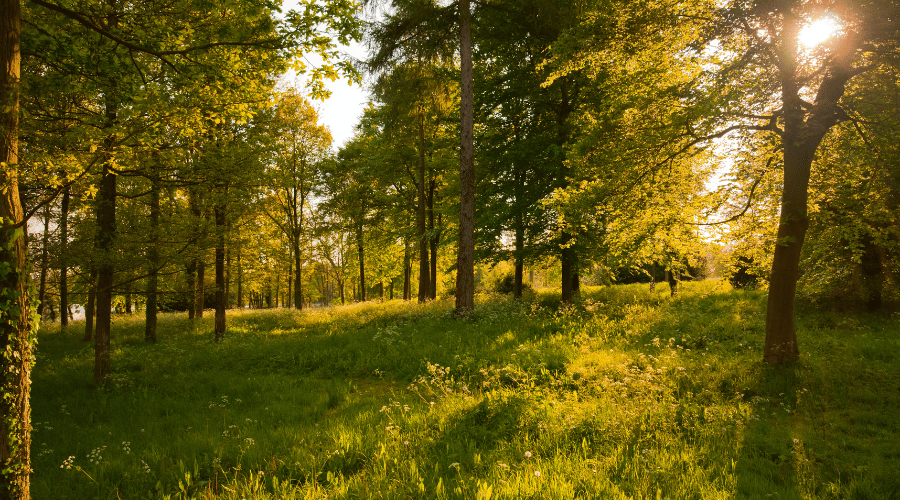BASC responds to ELMS and environmental protection speculation
- BASC Press Team
- September 29, 2022
- 3:20 pm

In recent days there has been growing speculation regarding the future of the government’s farming and environment policies.
According to the media, the government is undertaking a review of the Environmental Land Management Schemes (ELMS), the system of paying farmers ‘subsidies’ based on a range of environmental work, and will soon have the ability to renege on environmental protections through the publication of the Retained EU Law Bill.
Such is the pressure, Defra has issued a reassuring statement branding the claims that they are going back on their commitments to the environment as “simply not right”. They go on to cover the work they are undertaking on both topics in more detail, which is worth reading here.
Farming and shooting
Regarding ELMS, Defra states it is looking “at how best to deliver the schemes to see where and how improvements can be made”.
The ELMS are still very much in their developmental stage, with the full roll-out not due until 2027. With the Russian invasion of Ukraine raising serious questions about food security, there is little surprise that this new government wants to review them.
BASC recently described them as “an open door for management practices undertaken for shooting and conservation” and that is still very much the case.
There is space for both farming and nature in the UK. Shooting can – and does – deliver for both. Examples include the control of pigeons over arable crops, the management of deer populations in newly planted woodlands, and game management practices such as habitat provision and supplementary feeding.
Whatever decisions are taken within the review, ELMS need to keep moving forward and continue to support shooting’s role in both food and nature.

Nature and shooting
The government has set an ambitious target of halting the loss of species abundance by 2030 in the Environment Act 2021, with several more targets consulted upon earlier this year to be laid before parliament this autumn. BASC is fully supportive of these principles and remains committed to playing our part in seeing them reached.
The Nature Recovery Green Paper launched earlier this year gave us ample opportunity to further deliver our views. It is the belief of BASC that the Green Paper offers opportunities for shooting which can subsequently aid the government’s objectives.
The government’s original announcement that they were reviewing the EU’s Habitats Directive back in 2021 was followed by an outcry from the conservation sector that they were watering down the legislation. BASC’s position is clear, we do not ask for any weakening of environmental protections, all that the shooting community require is a level playing field.
Too often shooting is treated disproportionately to other activities, with the precautionary principle rolled out all too regularly. If the statutory agencies were free from microregulating activities like shooting, which is not responsible for the declines in nature, there would be more time to deal with the real challenges faced as well as greater opportunity to undertake practical conservation with shooters and other willing stakeholders.
Whatever the eventual fall out, be assured BASC will continue to work on behalf of our members to ensure shooting is acknowledged and our future secure.
Recent news
-
BASC welcomes new Environment Secretary Steve Barclay
-
Scottish snaring ban would be “catastrophic” for threatened species
-
BASC seeks legal advice over Wales gamebird plans
-
BASC launches new deer stalking scheme in Lancashire
-
Celebrate Great British Game Week with us
